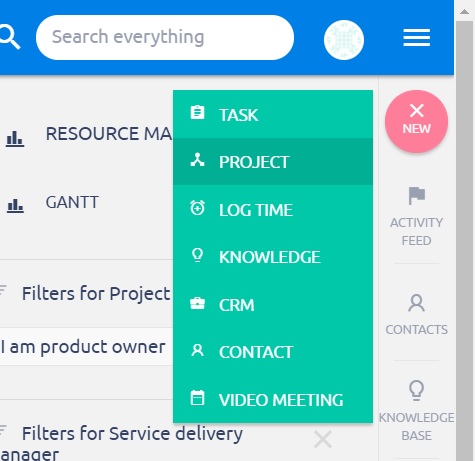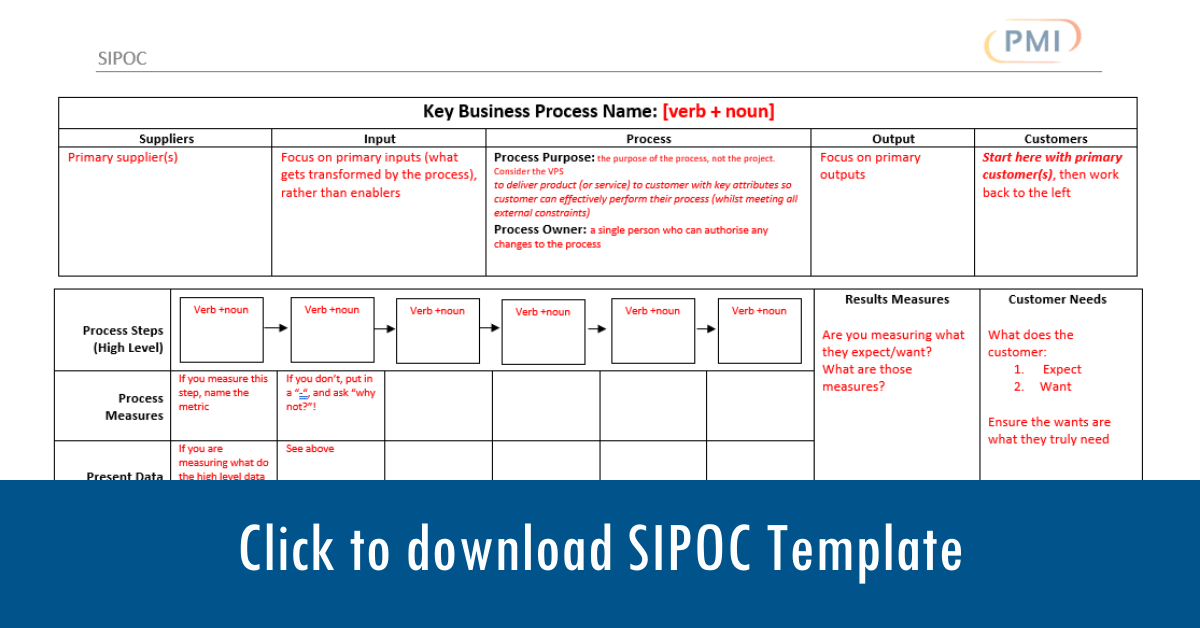
There are many types of management. Top-down management is just one type. Top-down Management emphasizes hierarchy. It also punishes employees who disobey orders. This type of management relies on fear and intimidation to keep employees in line. Other types of management emphasize the importance of empathy. Both types are equally effective. Please feel free to reach out to me with any questions you may have about management. I'd be glad to answer your questions and help you find a good job!
Principles of management
Management's basic principle is to establish a cause and effect relationship between actions taken and the consequences they produce. An effective management strategy will help establish a link between your actions, and the results you want. The principles of management are generally universal and apply to all types of organisations, no matter how large or small. Below are some of the most popular principles and their applications to different types organisations. Continue reading for more information.

Functions of management
Management consists of planning, organizing staff, leading and managing. The level of an organization will determine how much time managers spend on each area. In addition, planning and organizing differ from leading and controlling, which are both ongoing processes. Organization includes the creation of a plan and allocation of resources in the most efficient way. The goal of management, ultimately, is to arrive at the destination with minimal problems.
Impact of technology on management
Technology has had an enormous impact on business and management. Henri Fayol (a French mining engineer) described a scientific system for managing a small business in the beginning of the 1900s. Fayol identified six functions that managers must fulfill. These functions have impacted nearly every department in the majority of companies. Computer hardware and software changed the way work was organized and directed. Managers remained relatively the same but new technologies and processes have dramatically changed how they conduct business.
Empathy in management is important
Empathy is not about having feelings or connecting with people. It has many real-world advantages for organizations. Empathy is directly related to social and organizational success. As people become more distant and less concerned about others' lives, empathy definitions have been rewritten. In such a climate, it can be difficult to develop empathy. This article will help you to cultivate empathy in your organization.

Low management costs you money
One of the costs associated with poor management is lost productivity. Gallup found that one disgruntled individual costs the company $360 million per year. Employee disengagement is another cost. In both cases, the cost to the business is immense. Not only does the business lose productivity, but poor management can also impact the bottom line. The following are five ways that poor management costs businesses money.
FAQ
How can a manager motivate employees?
Motivation refers to the desire to perform well.
You can get motivated by doing something enjoyable.
You can also be motivated by the idea of making a difference to the success and growth of your organization.
For example, if you want to become a doctor, you'll probably find it more motivating to see patients than to study medicine books all day.
Another source of motivation is within.
You may feel strongly that you are responsible to help others.
Maybe you like working hard.
If you don’t feel motivated, find out why.
Then, consider ways you could improve your motivation.
How do we create a company culture that is productive?
A culture of respect and value within a company is key to a productive culture.
It's based on three main principles:
-
Everybody has something of value to share
-
People are treated fairly
-
Individuals and groups can have mutual respect
These values are reflected by the way people behave. They will show consideration and courtesy to others.
They will listen respectfully to the opinions of others.
These people will inspire others to share thoughts and feelings.
A company culture encourages collaboration and communication.
People are free to speak out without fear of reprisal.
They understand that mistakes can be forgiven as long as they're dealt with honestly.
The company culture encourages honesty and integrity.
Everyone knows that they must always tell the truth.
Everyone recognizes that rules and regulations are important to follow.
People don't expect special treatment or favors.
What is Six Sigma and how can it help you?
It's a strategy for quality improvement that emphasizes customer care and continuous learning. This is an approach to quality improvement that uses statistical techniques to eliminate defects.
Motorola's 1986 efforts to improve manufacturing process efficiency led to the creation of Six Sigma.
This idea quickly spread throughout the industry. Today, many organizations use six sigma methods for product design, production and delivery.
What's the difference between a program and a project?
A program is permanent while a project can be temporary.
A project is usually defined by a clear goal and a set deadline.
It is often performed by a team of people, who report back on someone else.
A program will usually have a set number of goals and objectives.
It is often done by one person.
Which kind of people use Six Sigma
People who have worked with statistics and operations research will usually be familiar with the concepts behind six sigma. Anybody involved in any aspect or business can benefit.
This requires a lot of dedication, so only people with great leadership skills can make the effort to implement it.
Statistics
- The average salary for financial advisors in 2021 is around $60,000 per year, with the top 10% of the profession making more than $111,000 per year. (wgu.edu)
- Hire the top business lawyers and save up to 60% on legal fees (upcounsel.com)
- UpCounsel accepts only the top 5 percent of lawyers on its site. (upcounsel.com)
- 100% of the courses are offered online, and no campus visits are required — a big time-saver for you. (online.uc.edu)
- This field is expected to grow about 7% by 2028, a bit faster than the national average for job growth. (wgu.edu)
External Links
How To
How do you apply the Kaizen method to your life?
Kaizen means continuous improvement. This Japanese term refers to the Japanese philosophy of continuous improvement that emphasizes incremental improvements and constant improvement. It is a process where people come together to improve their processes.
Kaizen is one of Lean Manufacturing's most efficient methods. Kaizen is a concept where employees in charge of the production line are required to spot problems during the manufacturing process before they become major issues. This will increase the quality and decrease the cost of the products.
Kaizen is about making everyone aware of the world around them. So that there is no problem, you should immediately correct it if something goes wrong. Report any problem you see at work to your manager.
When doing kaizen, there are some principles we must follow. Always start with the end product in mind and work our way back to the beginning. If we want to improve our factory for example, we start by fixing the machines that make the final product. Then, we fix the machines that produce components and then the ones that produce raw materials. And finally, we fix the workers who work directly with those machines.
This method is known as kaizen because it focuses upon improving every aspect of the process step by step. When we are done fixing the whole factory, we go back to the beginning and continue until we reach perfection.
To implement kaizen in your business, you need to find out how to measure its effectiveness. There are several ways to determine whether kaizen is working well. One way is to examine the amount of defects on the final products. Another way is to check how much productivity has grown since kaizen was implemented.
You can also find out if kaizen works by asking yourself why you decided to implement it. It was because of the law, or simply because you wanted to save some money. You really believed it would make you successful?
Suppose you answered yes to any of these questions, congratulations! You're now ready to get started with kaizen.